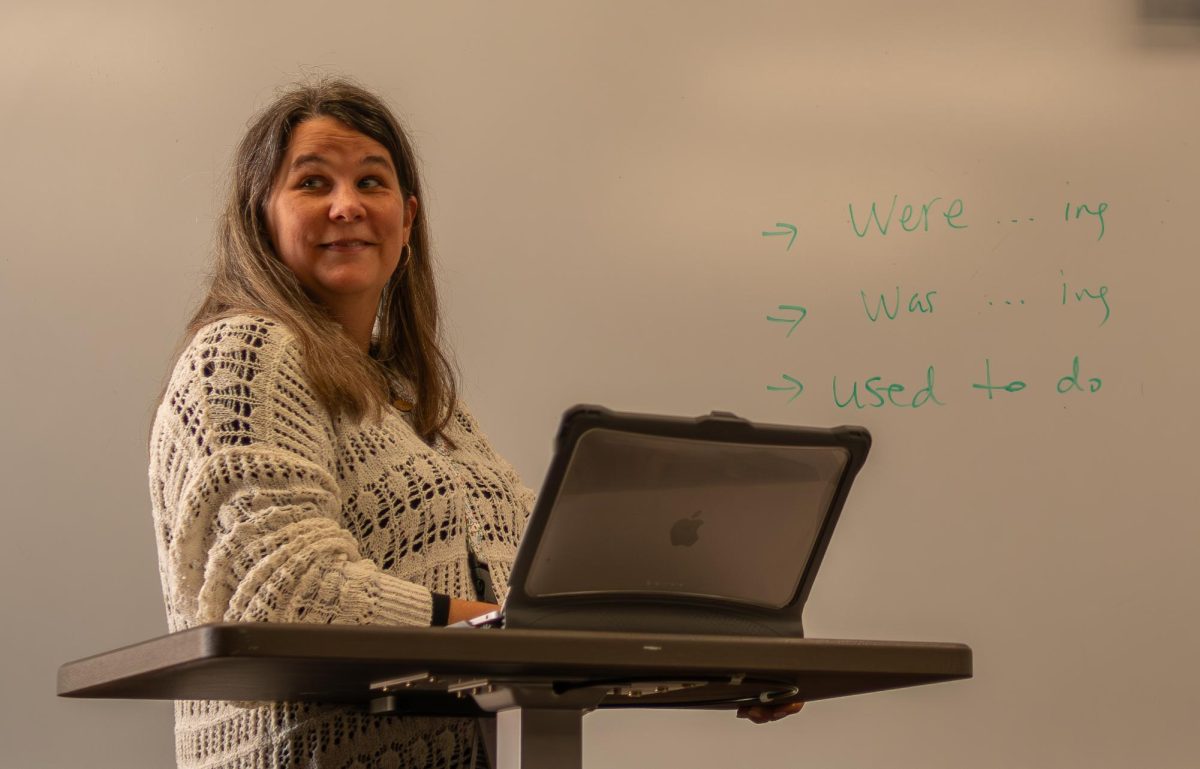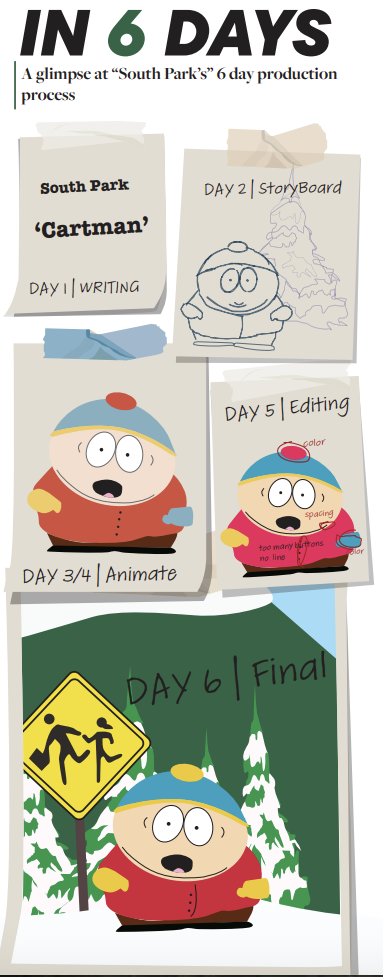Roe v. Wade Overturned
After nearly 50 years of legal precedent, the right to an abortion is no longer federally protected
July 11, 2022
Roe v. Wade, the landmark case established in 1973 federally protecting the right to an abortion, was overturned by the Supreme Court June 24.
Facts of the case; Dobbs v. Jackson Women’s Health Organization
In 2018, Mississippi passed the “Gestational Age Act,” which allowed for abortions up to 15 weeks post-fertilization, with few exceptions. After it passed, a doctor in the Jackson Women’s Health Organization filed a lawsuit against the decision. The federal district court hearing the case ruled Mississippi could not lawfully pass the new act.
The 5-4 decision to overturn Roe v. Wade after nearly 50 years since its creation was against American’s popular opinion. According to an NPR poll, roughly two-thirds of the American population did not want Roe v. Wade overturned.
What will Kansas do?
The right to an abortion is no longer federally protected by the Supreme Court, leaving each state to decide their own policies. Currently, Kansas state law allows abortions to occur up to 22 weeks after fertilization. In cases of a health emergency, an abortion can occur afterward. However, that may soon change.
The “Value Them Both” amendment prohibits any abortion for any reason, not including cases of rape or incest. A vote to decide whether the amendment will pass in Kansas takes place Aug. 2. The deadline to register to vote is July 12 and early voting begins July 13.






























